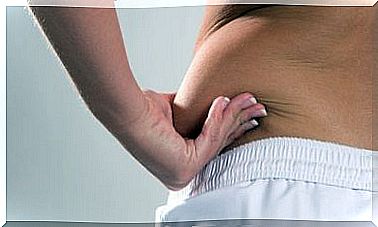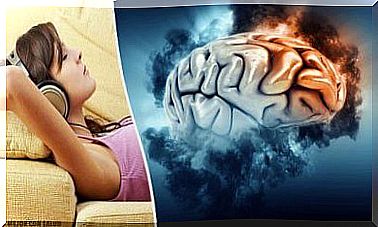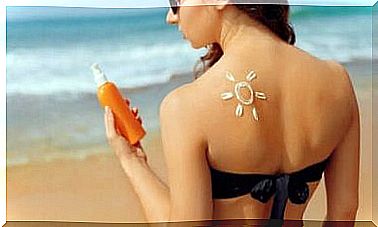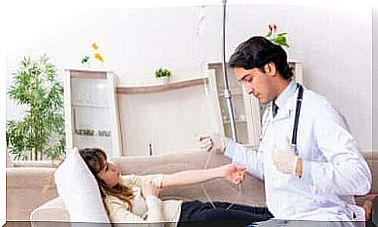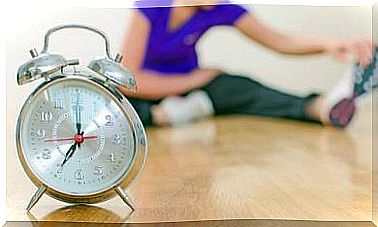The Uses And Effects Of Antabus

Antabus is a medicine whose active ingredient is disulfiram. It is used to treat chronic alcoholism. While not a cure for alcoholism, it is a beneficial agent that can be used in conjunction with therapy.
Use and effect of Antabus
Disulfiram, as mentioned, is used to treat chronic alcoholism. You should not take it earlier than 12 hours after drinking alcohol, as it causes unpleasant side effects even if you have consumed small amounts of alcohol.
Some of these effects are:
- flushing and headache
- nausea and vomiting
- chestpain
- weakness
- blurry sight
- confusion
- choking and difficulty breathing
- fear
When you take Antabus, the effects start within ten minutes of drinking alcohol and can last up to an hour or more.
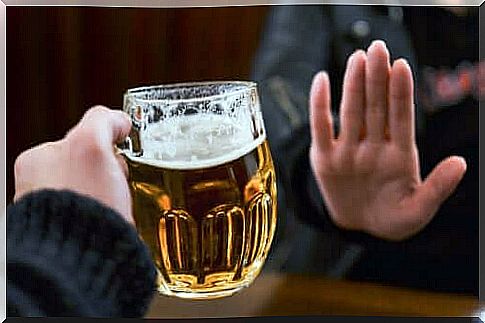
How do you use it?
Antabuse comes in the form of tablets to be taken orally. You should take one per day, or as directed by your doctor. You should not take more or less than prescribed, nor for longer than prescribed. If you have trouble taking the tablets, you can crush them and mix them with fruit juice, water, or something else.
What if I forget to take a dose?
If you forget to take a dose, try to take it as soon as you remember. However, if you remember when it is time for the next dose, you should continue with the regular dosing schedule. It is important not to take a double dose to make up for the forgotten dose.
Special preparations
Before starting this medication, it is important to determine if you are allergic to the active ingredient. You should also let your doctor know if you are taking any other medications, as they may contain alcohol. It’s also important for your doctor to know if you have diabetes, or if you suffer from thyroid, liver, or kidney disease.
In women, it is necessary to know if the patient is pregnant, planning to become pregnant or breastfeeding. If you become pregnant while taking this medication, you should contact your doctor as soon as possible.
Even if you need to have surgery, including dental surgery, you should inform your specialist that you are being treated with disulfiram.

Do you have to follow a special diet?
If you are taking Antabus, you should not consume alcoholic beverages or drugs containing alcohol for 12 hours before taking the first dose and for several weeks after you stop taking the drug.
You should also be careful about using sauces, vinegar, and any foods and dishes that may contain alcohol.
Side Effects of Antabuse
The possible side effects of this medicine include:
- acne
- headache
- drowsiness
- fatigue
- impotence
Also, some patients may experience a metallic or garlic-like taste in their mouth. However, you should contact your doctor if you experience any of the following symptoms:
- excessive fatigue and weakness
- loss of appetite
- yellowing of the skin and eyes
- dark urine
Other recommendations when using Antabus
You should always have something with you that says you are taking this medication. It’s a good idea to include the name of your doctor or the hospital you regularly contact in case something happens.
You should avoid contact with products that contain alcohol. This also applies to things like:
- paint fumes
- dyes
- varnish and lacquers
Also try to be careful when using other products that contain alcohol on your body, such as aftershave and fragrances. These products, when combined with disulfiram, can cause headaches, nausea, and other side effects.
Before using a product that contains alcohol, it is best to do a careful test. To do this, apply a little to a small area of the skin and let it sit for one to two hours. If after this time there is no redness accompanied by itching or other unwanted effects, you can use the product.
Finally
While Antabus is not a cure for alcoholism, it does reduce the urge to drink. It is used in conjunction with psychotherapy and counseling to help patients stop drinking.
